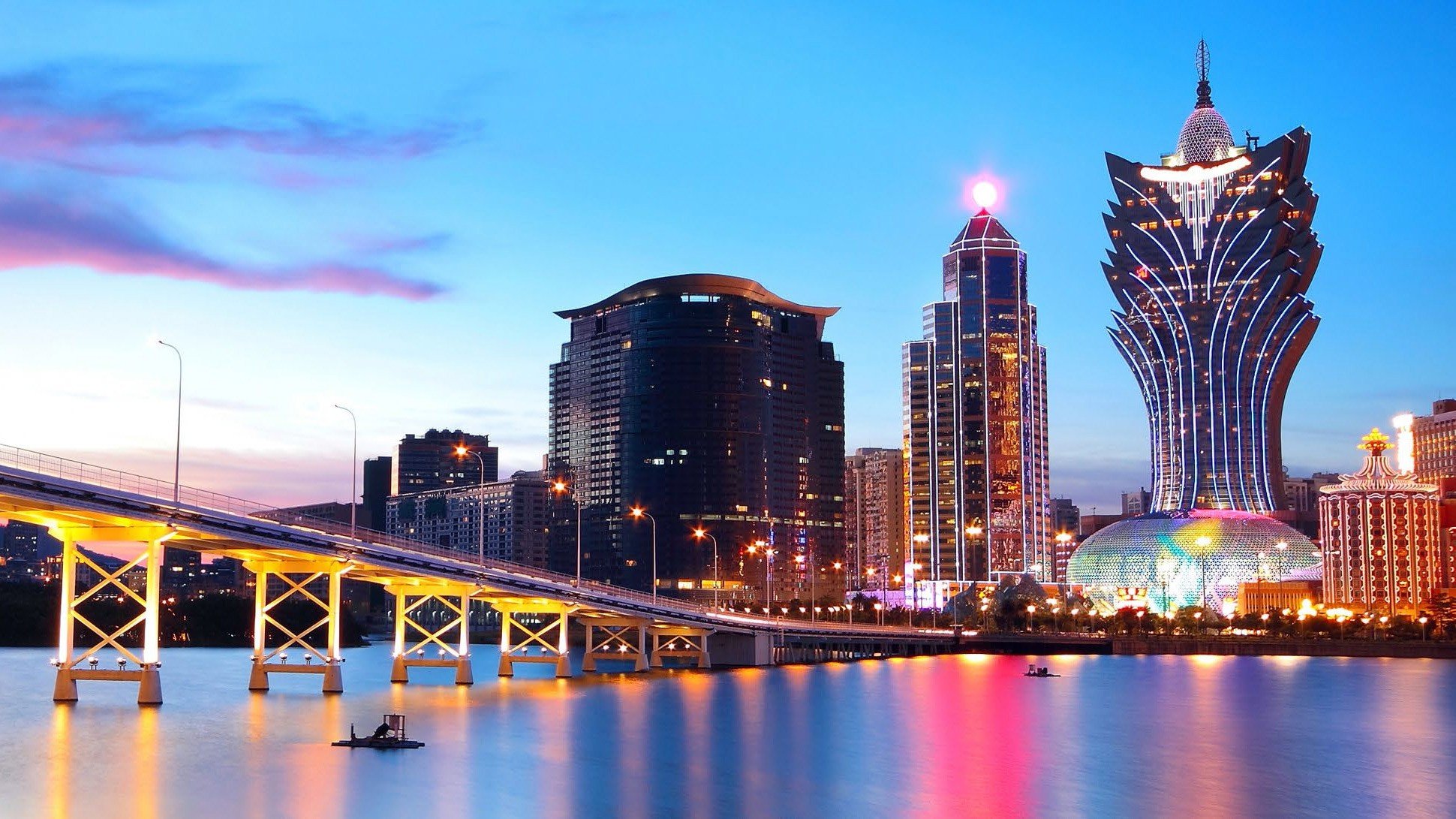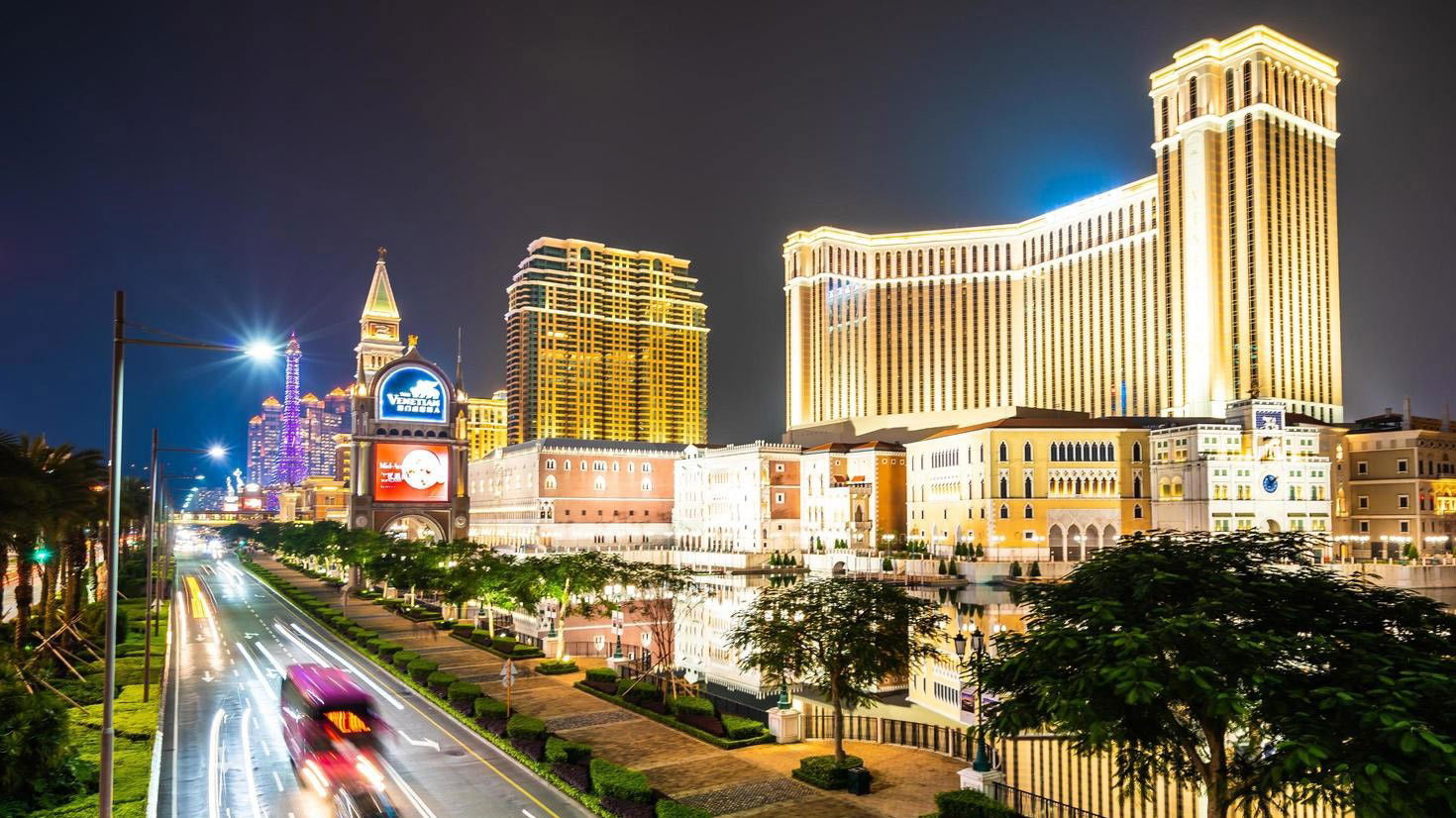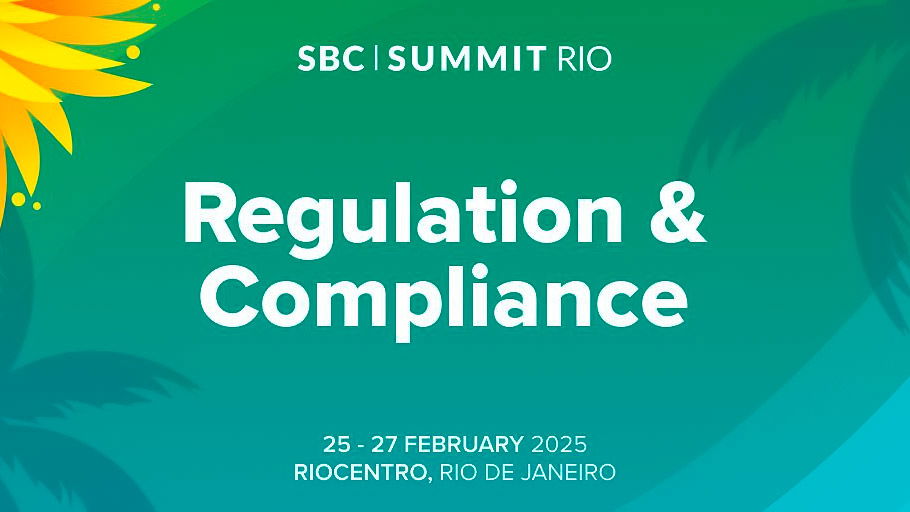Macau government now requiring casino workers to do Covid-19 tests every two days

According to local media reports, the Macau government is once again tightening its Covid-19 restrictions, now requesting that front-line casino staff - including table game dealers, security staff, and cleaners - do a nucleic acid test every two days.
They must also do a rapid antigen test every two days, halving the interval between tests from every four days. The latest change was the second update in the last two weeks, and the third since autumn.
According to the latest requirements from the city's health authorities workers need to report the 'negative' test results to the authorities so that they show on the person’s individual, Macau-issued electronic health code.
A prior guideline announced by the health authorities on November 25 said that frontline casino staff were required to do a nucleic acid test and a rapid antigen test every four days. Before that, for a period of about a month, casino staff were required just to do a nucleic acid test every seven days.
The latest tightening of Covid-19 test rules announced for the city’s front-line casino staff coincides with the local government adopting stricter nucleic acid tests and rapid antigen test requirements for travelers entering Macau from mainland China. The move also comes as recent Covid-19 infections discovered in Macau surged to 56.

Mainland China remains the only place to have a largely quarantine-free travel arrangement with Macau. But people that have visited places on the mainland deemed 'high-risk' for Covid-19 transmission still have to do a five-day hotel quarantine on arrival, plus three days of isolation, either at home or at another hotel venue.
Macau adheres to China’s strict zero-tolerance policy toward Covid-19, closing borders and shutting down casinos whenever an outbreak has occurred. The policy has kept visitation and gaming revenue below historic levels for the past two years. Earlier this month the Gaming Inspection and Coordination Bureau reported that casino revenue in November dropped to 3 billion patacas ($374 million), a 56% year-on-year fall.
Revenue for January-November amounts to 38.7 billion patacas ($4.8 billion), far short of the 270 billion patacas for the same period in 2019, prior to the pandemic. The previous low was 60.40 billion patacas in 2020 when severe restrictions were imposed on gamblers entering the gambling hub.

















































